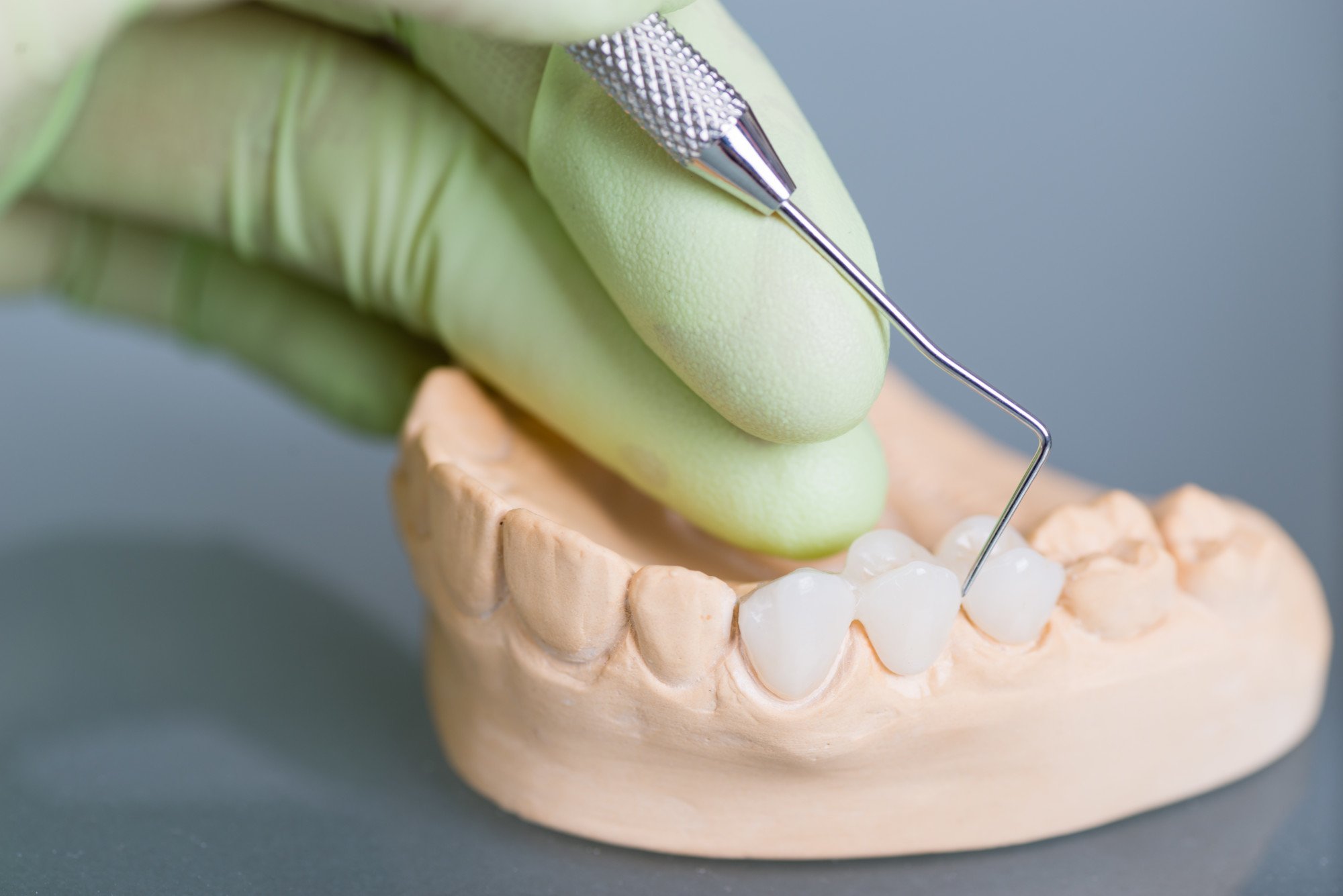
Alcohol is a common and widely accepted beverage. But, it can cause serious problems when consumed excessively and irresponsibly. Many wonder how someone becomes addicted to alcohol.
In this detailed guide, we will explore the complexities of alcohol addiction. We’ll shed light on why it happens and how to recognize the signs. So, how can you get addicted to alcohol? Read on to know.
Grasping Alcohol Addiction
Alcohol addiction is also known as alcoholism or alcohol use disorder (AUD). It is a long-lasting problem where someone can’t control how much alcohol they drink.
They won’t know it even when it harms them. It’s essential to know that addiction doesn’t happen suddenly but grows gradually. It’s important to understand that not everyone who consumes alcohol will become addicted.
To get the whole picture, it’s crucial to understand that it involves many factors. It involves biological, psychological, and social factors that interact to create a web of dependencies.
The Role of Genetics & Environment
Genetics can play a big part in how likely you are to have a problem with alcohol. Some people might inherit a higher risk for addiction from their family. If your family has a history of alcohol problems, it could mean you have a greater chance of facing them too.
The place you live and the people you’re with can also affect whether you develop an alcohol problem. The culture where you live and what people around you do can make a big difference in how much you drink. Stressful life events, bad experiences, or friends who drink a lot can also lead to alcohol problems.
Tolerance and Dependence
Alcoholism typically begins with casual and social drinking. Over time, individuals may find that they need to consume more significant quantities to achieve the desired effects. This can lead to drinking more than they planned or want to.
Two critical components of alcoholism are tolerance and dependence. Tolerance refers to the body’s adaptation to the presence of alcohol. It results in a reduced response to the same amount of alcohol over time.
As tolerance builds, individuals may feel the need to consume larger quantities. This is to achieve the desired effects, which can lead to excessive drinking.
Dependence, on the other hand, occurs when one’s brain and body adapt to the presence of alcohol. This is to the extent that they experience withdrawal symptoms when attempting to reduce or stop alcohol consumption.
Recognizing the Signs of Alcohol Addiction
Many individuals struggle with addiction without even realizing it, as it can develop gradually over time. Here, we will delve deeper into the common signs and symptoms that show someone may be grappling with alcoholism.
Craving More Alcohol
One of the telltale signs is a relentless craving for more alcohol. Individuals with this condition often find themselves yearning to drink, regardless of the circumstances. This intense desire can persist even when they genuinely want to cut down or quit drinking.
Loss of Control
A hallmark of addiction is the inability to control one’s drinking habits. People who are addicted to alcohol often find it exceedingly challenging to stop once they start. This lack of control can lead to episodes of excessive drinking, sometimes known as binge drinking.
Neglecting Responsibilities
Alcohol addiction can lead individuals to prioritize drinking over their responsibilities and obligations. This neglect can manifest in various aspects of life, such as work, family, and relationships.
Over time, these priorities can become skewed. This can potentially lead to adverse consequences in personal and professional spheres.
Unsuccessful Attempts to Quit
Repeatedly attempting to drink less or quit altogether but failing to do so is a strong indicator of alcoholism. Despite the best intentions and sincere efforts, individuals find themselves trapped in a cycle of relapse. These unsuccessful attempts can lead to feelings of hopelessness and frustration.
Recognizing these signs of addiction is the first step toward seeking help and support. Acknowledging the issue and understanding that it’s a treatable condition can empower individuals to take action and embark on the path to recovery.
Getting Help
If you or someone you know is struggling with alcohol addiction, it’s essential to understand that help is available. Seeking assistance is a vital step towards recovery, and there are various options and resources to consider.
Medical Evaluation
A crucial first step in addressing this addiction is to consult with a healthcare professional. They can conduct a thorough medical evaluation.
They will assess the extent of addiction and its physical and psychological effects. This evaluation helps determine the most appropriate treatment plan.
Inpatient Rehabilitation Programs
This is for individuals with severe cases or those who need intensive support. Inpatient rehabilitation programs offer a structured and supervised environment for recovery. These programs typically involve detoxification, therapy, counseling, and group support sessions.
Outpatient Treatment
Outpatient treatment programs like Outpatient Alcohol Rehab New Jersey are suitable for individuals with milder forms of alcoholism. It is good for those who cannot commit to an inpatient program.
These programs provide flexibility. They allow participants to attend therapy sessions while continuing with their daily responsibilities.
Therapy and Counseling
Therapy and counseling play a crucial role in addressing the psychological aspects of this addiction. Behavioral therapies, such as Cognitive-Behavioral Therapy (CBT) and Motivational Interviewing (MI), help individuals. These will help develop coping strategies, set goals, and build resilience.
Support Groups
Joining support groups, such as Alcoholics Anonymous (AA), can provide valuable peer support. These groups offer a safe space.
They can share experiences and receive encouragement. They can also learn from others who have faced similar challenges.
Recovery from alcohol addiction often benefits from the support of loved ones. Involving family members and close friends in the recovery process can create a strong support network.
Personal Commitment
Ultimately, overcoming alcohol addiction requires a personal commitment to change. It involves making healthy choices and avoiding triggers. It is about embracing a lifestyle that supports recovery.
Remember that every individual’s journey to recovery is unique, and there is no one-size-fits-all approach. What works best may vary from person to person. The important thing is to take that first step, seek help, and remain committed to the recovery process.
How Can You Get Addicted to Alcohol?
How can you get addicted to alcohol? Alcoholism is a complicated problem that doesn’t happen all at once but takes time to develop.
Several factors contribute to its development. Knowing the signs and getting help is important.
With the right help, people with addiction can get better and live happier lives. If you think this article is helpful, check out our other blogs!





